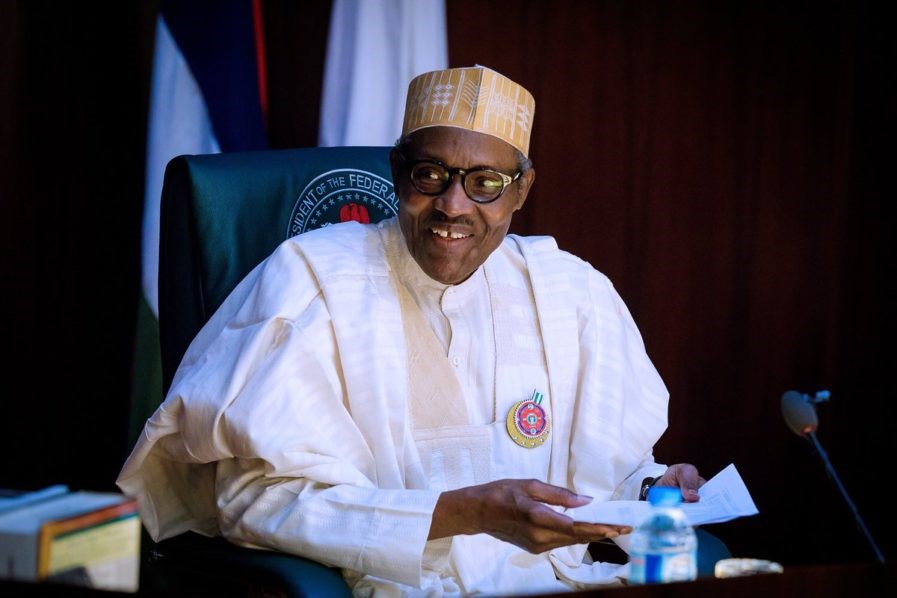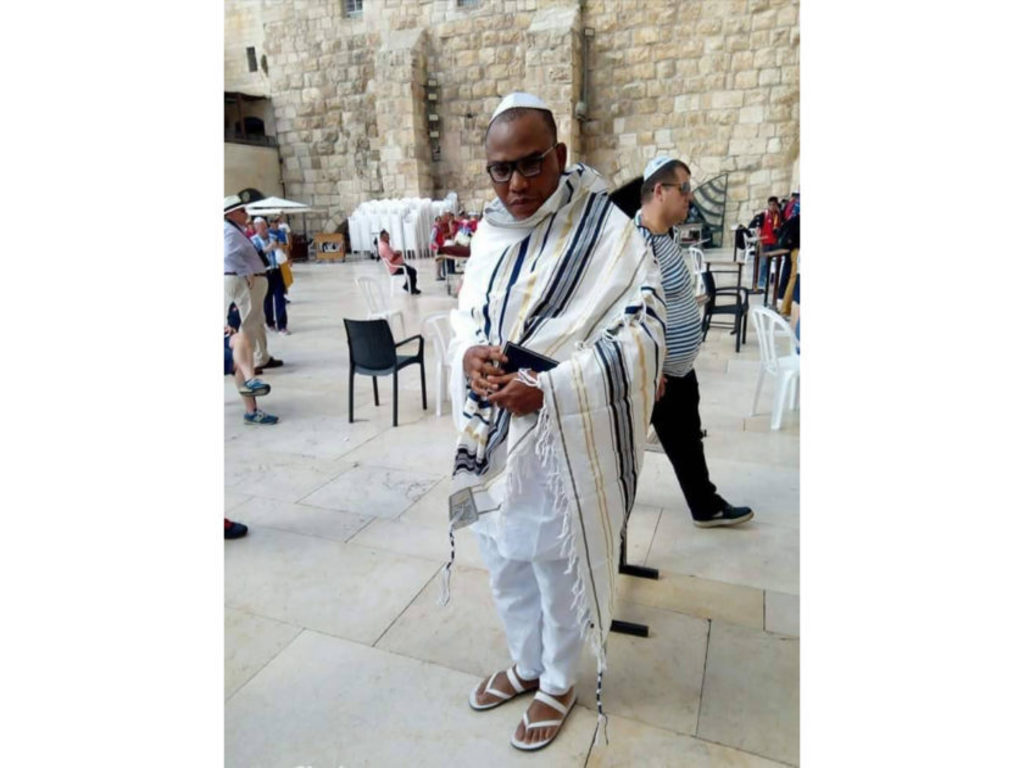
Captain Ibrahim Traore
Currently, the most talked-about leader in Africa is the 33-year-old Captain Ibrahim Traoré, military leader of Burkina Faso. By the nature of the government he heads, Traoré should not, under normal democratic standards, be popular. Military rulers are traditionally viewed with suspicion and disdain in discussions about governance. Yet, ironically, a military government has now become the reference point for millions of Africans who yearn for good leadership.
There have been persistent rumours of attempts to assassinate this young leader. One popular podcast even alleged that there have been more than ten recent assassination attempts. The latest report suggested that an influential figure paid a large sum of money to individuals within Traoré’s inner circle to eliminate him. Remarkably, they allegedly took the money but instead chose to confess to Traoré, telling him they would not kill him because they believed he was doing an excellent job.
This story raises an important question: How does a leader build genuine and organic loyalty?
In governance, loyalty is one of the most powerful but also most delicate currencies a leader can possess. True loyalty — not bought by money or secured by fear — is earned through trust, competence, shared vision, and personal integrity. Leaders who inspire organic loyalty do so by doing the following: Demonstrating Authentic Commitment. When people perceive that a leader genuinely puts the interests of the nation or collective above personal gain, they feel emotionally invested in the leader’s vision. Delivering Tangible Results. Loyalty grows stronger when leaders deliver on promises — improving security, economy, education, and justice. Results anchor loyalty more deeply than rhetoric. Treating Subordinates and Citizens with Respect. Respect breeds loyalty. When individuals feel valued, heard, and respected, their commitment to leadership becomes voluntary and passionate. Leading by Example. Leaders who personally embody the discipline, sacrifice, and virtues they demand from others naturally inspire imitation and loyalty. Creating a Sense of Shared Mission. People become fiercely loyal to leaders who make them feel part of something bigger than themselves — a mission, a dream, a destiny.
In governance, loyalty is not just a nice-to-have; it is critical. It ensures stability, strengthens institutions, and inspires collective action during crises. However, misplaced loyalty — especially loyalty to incompetence or tyranny — can destroy nations. Therefore, true loyalty must always be tied to a leader’s legitimacy, performance, and adherence to the values of justice and service.
Captain Traoré’s story, if these accounts are accurate, reflects a deeper truth: that even in a system tainted by the history of military rule, people will stand by a leader who earns their loyalty through visible commitment to change and service. It also shows that organic loyalty is the greatest armor a leader can wear — more protective than even the strongest military shield.




Recent Comments